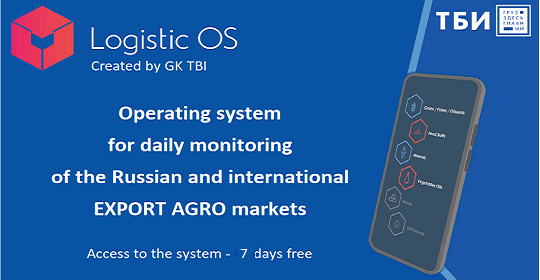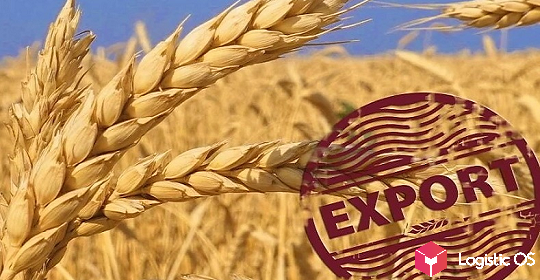Analysts note that sunflower oil exported from Russia has become the commodity that has risen in price the most over the past year.
In the past few years, Russia has had to sell many goods at a discount, but this practice is gradually becoming a thing of the past, experts note.
Currently, prices for most goods supplied by Russia are rising, and there is practically no need to provide any discounts to buyers.
Sunflower oil has become the most expensive product this year.
Since January, its price has increased by as much as 41%. Interestingly, this is even more than gold, which has only increased by 31% over the same period.
As for the future prospects for price changes in the vegetable oil market, they are quite vague.
One of the powerful factors of uncertainty could be the return of former US President Donald Trump to the White House. He is very likely to unleash a trade war with China by imposing high import duties on goods produced in this country.
In this case, it is possible that other countries, such as Canada and Mexico, will be drawn into this conflict.
If the US refuses to buy agricultural products from Canada, it may enter the world market with its own offer, in which case Russia will have to make an effort to withstand this competition.
And in general, analysts advise to be prepared for the fact that the largest suppliers and consumers in the world agricultural market may change.
For example, the EU as an exporter may leave many sectors of this market due to rising production costs, and the US — due to tariff policy and the desire to provide for itself.
Another factor that may complicate the development of the agricultural sector in Russia next year is the high key rate.
Experts advise to prepare for the fact that throughout 2025 it will be higher than 20%, so investing borrowed funds will become almost impossible.
Good opportunities will remain only for those companies that are able to invest their own money in development.
At the same time, the ruble should gradually strengthen against the dollar, experts believe, because at present the balance of exports and imports is gradually leveling out.
Another problem is the shortage of personnel.
Low unemployment leads to the fact that the industry has to raise salaries in order to attract specialists, and this threatens to increase the cost of production and prices for the final product.

